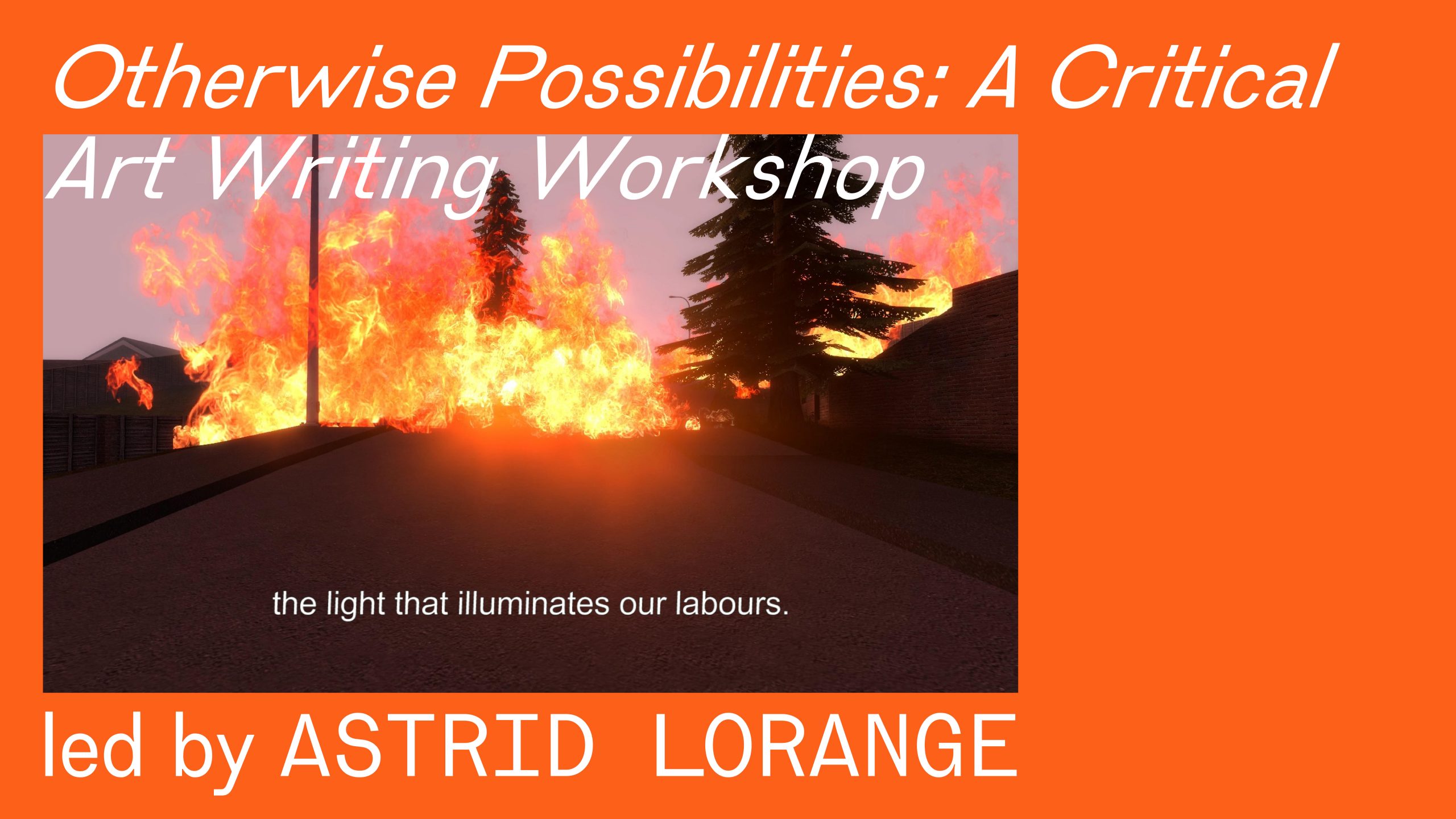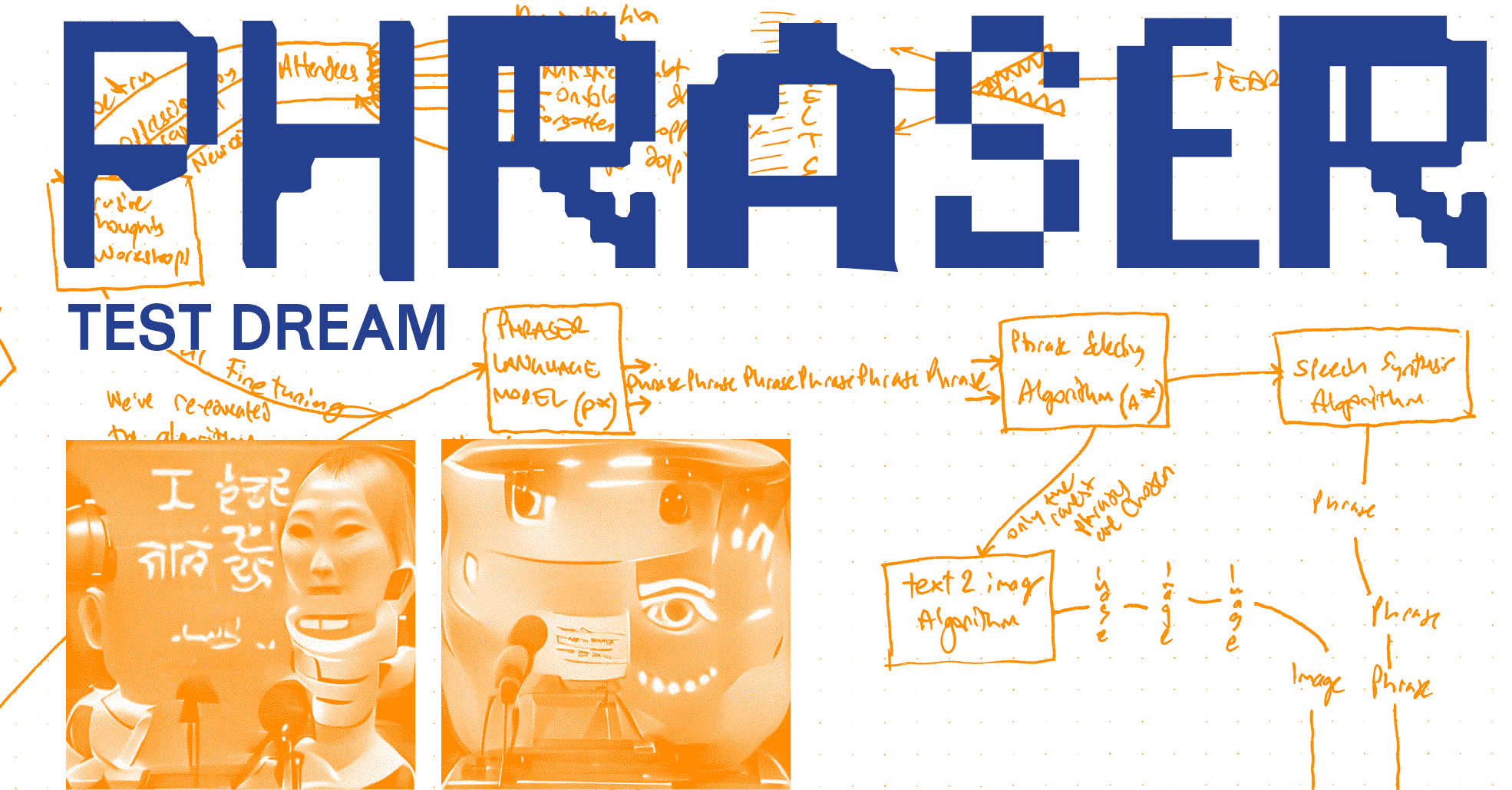Where Mercury finds you by Angelita Biscotti
Writing isn’t a way of being public or private; it’s just a way of being. The process is always full of pain, but I like that. It’s a reality, and I just accept it as something not to be avoided.
– Jamaica Kincaid (Sun in Gemini)
No more ‘I love yous,’ language is leaving me in silence.
– Annie Lennox (Midheaven in Gemini)
I started a new job as a vegan cook the night of the lunar eclipse in Sagittarius on the 26th of May. I planned my 30-minute break so I could watch the earth’s shadow appear to swallow the full moon.
In the ancient world, eclipses were bad omens. When the moon can’t receive the sun’s light, the night sky is reduced to utter darkness, or maybe a glimmer of red. They were often interpreted to mean that a king would die.
Less than 24 hours later, I was out of a job, and so were my fellow chefs, cooks and all other casual staff at a festival that had been planned for over a year. The city I love entered its fourth lockdown. It’s the first eclipse of 2021, and Mercury has just begun its retrograde dance.
Gemini season, hello.
Kelly Surtees writes that Mercury retrograde does not affect everyone equally. Some people are more sensitive to it, and to the actions of this impish, fast-moving planet in general. Mercury retrograde is likely to be a bigger deal in your life if Mercury retrogrades in your first house, if your Ascendant or Midheaven are in Mercury-ruled signs like Gemini or Virgo, if your Sun and/or Moon are in Gemini or Virgo, if you have a Gemini or Virgo stellium, or if Mercury is a time-lord this year.
Mercury rules my sun, so I feel every Mercury retrograde quite intensely. Mercury is in my life partner’s first house, so our home becomes supercharged during this cycle. My earth sun is in the 8thhouse of death, inheritances, depth and enduring bonds, ruled by a fire Mercury in the 7th house of long-term intimate partnerships. Earth and fire together make a volcano. Or a burning bush. Don’t stand too close to me.
Mercury retrograde can sometimes be seen as a negative. As someone with a dominant natal Mercury, I tend experience these periods as a negative. That said, I was born under a fire Mercury, and fire likes to burn. Mercury retrograde is about slowing down, returning to past moments with new perspective, taking time – capitalism demands that we keep going, even as we burn out, even as the world burns.
Mercury rules Gemini and it shows. Kanye West is a Gemini. So was Marilyn Monroe. I don’t know what that says about Geminis. I suspect Marilyn Monroe in 2021 would have had mad Instagram game, like Emily Ratajkowski (also a Gemini BTW). Jacqueline Rose wrote of Monroe as a tragic but brilliant figure, limited by her circumstances, but no less committed to the task of thinking through femininity, feminism and artistry. In Virgo season 2020, Ratajkowski’s essay ‘Buying Myself Back: When does a model own her own image?’ appeared in New York Magazine. It’s a harrowing memoir of how men painters and photographers took advantage of her Internet fame, publishing (without her consent) art books containing nude photos from shoots from her early days as a model, when she was negged and harassed, or selling $80,000 paintings based off of her Instagram content. Some of the moments she described were personally triggering, as they reminded me of similar experiences I had as a nude model, and of the universality of these experiences, not just for me, or for models, but for anyone and especially femmes trying to figure out body image, sexuality, relationships and career. You’re constantly bombarded with the message that the only thing you can offer is your sex appeal, and the only thing that matters about your sex appeal is the currency men can get from turning their personal access to you, through sex or photography, into a springboard for their artistic reputations. At the end of the day, it’s not about you or a moment with you—it’s about what they can get from the world through having ‘possessed’ you.
All the signs tell stories in their own way, but Gemini, a mutable Mercury-ruled Air sign, is probably the most likely to have reach. Many prominent musicians are Geminis. And air gets everywhere, eventually. Ratajkowski’s article was the most read New York Magazine story in 2020. The men she named might still profit off of fans and consumers who think a model should only ever be beautiful, smiling and silent, but now newer models, and established producers and taste-makers, can google these names and know to stay away. People like me who’ve had similar experiences will read Ratajkowski’s words and get triggered – but we will also know that we are not alone. Geminis are not always the most warmly affectionate healers, friends or lovers. Instead the comfort they offer is akin to a Vulcan mind-meld: ‘my mind to your mind, my thoughts to your thoughts.’
Mercury on a mission is great at calling out bullshit. Palestinian poet and advocate Mohammed El-Kurd was recently interviewed by Vice, and when he was asked how he prepares for media interviews, he said, “I don’t prepare for them. I get up, rub my eyes, and then I go on screen. There’s not much scripting to any of these interviews that I do. A lot of people have been saying that I’m courageous – what I’m saying is a reflection of the Palestinian street. What I’m saying is something we all feel here.” He’s not a Gemini. Born on a Nakba anniversary, his sun and Mars conjunct in late Taurus. Mercury (communication, reason, voice) and the asteroid/dwarf planet Ceres (sudden catastrophe) were two degrees apart in early Taurus on the day of his birth. His North Node is in Mercury-ruled Virgo. No surprise that using his voice to speak truth to power and amplify the voices of his homeland are massive life themes. On 21st May, the first day of Gemini Season 2021, he tweeted: “Hi, as a person living in Palestine I can confirm that we are being ethnically cleansed. Actually have been for the past 73 years. But don’t take my word for it. What do I know? Believe the white woman in a Manhattan high rise saying “Palestinians do face some challenges but..” He and many young viral Palestinian storytellers and activists expand their digital legacy at a time digital power players flex capitalist and setter-colonialist might through Google Maps erasure and Instagram shadow bans, over and above acts of physical and cultural violence.
We find ourselves called to make a stand and make history through the life spheres governed by this Mercury-ruled sign: the conversations we have when no one’s looking, the social media accounts we follow, the things we share on public posts and stories where everyone can find us. You can’t always control what happens to your likeness, especially when powerful and established artists, capitalists and states try to possess it, believing that to possess your materiality (for now) is to possess your entirety for eternity. But it is possible to find inventive and expressive ways tell your story, to meet kindred spirits, and be met. How and where would you like to be found?
NOTES FOR YOUR MERCURY SIGN
Air Mercury (Gemini, Libra, Aquarius)
Phone calls. Podcasts. Music. Chitchat. Sound. Cut the pollution where you can. Give your ears the gift of solace. Of focus. What you hear is who you are. What you hear is what you pass on. What you hear becomes how you listen. Sometimes your curation is more content-worthy than your creations.
Earth Mercury (Taurus, Virgo, Capricorn)
Try a different medium and see how that changes your thinking patterns. If you usually write or draw on a tablet or laptop, try doing it on a notebook. On scrap from old boxes. With spray paint, or a new pen, or a shit pen. Make marks. Flip the notebook around and see how that changes the way you write.
Water Mercury (Pisces, Cancer, Scorpio)
There is a risk that your cup is overflowing. There are intense emotions here that need to be explored, though maybe not always expressed. Crying isn’t bleeding, let yourself cry as much as you need. Choose book companions with care. Cuddle the cats you see on the street. Be generous with the hugs you receive, after they’ve passed rigorous stress tests.
Fire Mercury (Aries, Leo, Sagittarius)
The risks that are worth taking can survive postponement. The things you don’t say right now make you as powerful, beautiful and competent as the things you do. Be honest and be careful are the same piece of advice. Love is also about learning how to say ‘not now, not yet.’
Applications are open for Angelita Biscotti’s FREE “Under Queer Stars: Life Writing Astrology” workshop. 14th, 21st, 28th June 2021, 6pm – 8pm. Apply here.
Angelita Biscotti is a Boon Wurrung Country-based Spanish-Filipinx queer astrologer available for birth chart readings via Zoom. @angelita.biscotti








